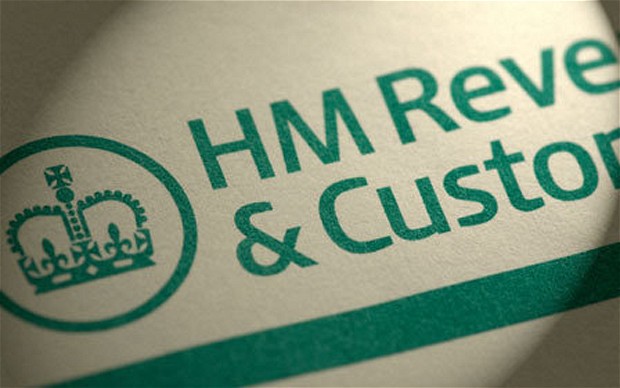While England may profess to having the single most entertaining domestic football product in the guise of the Premier League, they trail behind their continental rivals in so many other fields. Even England’s Euro 2016 kit appears less stylish or practical than those worn by the French and the Italians, while the technical proficiency of their players also pales in comparison with other competing teams.
Premier League teams also have much to learn from their continental rivals, particularly in relation to ticket prices. After all, continental clubs take a much fairer and more consumer-centric approach to pricing, creating affordable rates and concessions to ensure that football remains accessible to the working class fans who have championed it cause for generations.
The Ticket Revolution Facing the EPL
Whisper it quietly, but English clubs may be set to adopt a similar mantra.
This would represent a dramatic shift for the EPL, whose clubs have initiated disproportionate ticket hikes consistently over the course of the last decade. These hikes have often been conducted regardless of a specific teams’ performance or the quality of play that they have produced, creating the type of trading standards issues that have kept Watchdog interested for an entire generation.
Increasingly, however, English fans have looked abroad the example set by clubs such as Borussia Dortmund. The popular German side made the headlines with their pricing policy after playing Liverpool in the quarter-finals of the Europa League, with the cost of top-flight tickets at the Westfalenstadion Stadium dwarfed by EPL clubs including Liverpool, Manchester United, Arsenal and Tottenham Hotspur.
In simple terms, Dortmund’s most expensive season ticket of just £702 is less than half charged for premium seats at Arsenal and Chelsea, while it is is also smaller than the cheapest option at White Hart Lane or Anfield. The club also has a host of other concessions for children and affiliated junior matches, while the cheapest season ticket at Dortmund allows fans to take their seat for as little as £9.64 per match. These revelations have put many clubs to shame, especially with Dortmund delivering Champions League football and cup finals to their fans on a regular basis.
What does this mean for England’s top-flight?
This willingness to empower fans and reduce the cost of supporting their favourite team has not impacted on Dortmund’s growth or success, with the club recording revenue of £221 million during the course of the 2014-2015 season. This is half of the totals generated by clubs like Real Madrid, Barcelona and Manchester United, however, while it is also £87 million less than Liverpool. K
So although Dortmund’s huge average attendance of 80,423 offers the clubs a unique opportunity to optimise it financial standings by hiking the cost of tickets, it has deliberately refused to take this course of action. This means that while the club raked in precisely £58.8 million less than Arsenal in match-day income last season (despite having more than 20,000 more spectators on average) it has still managed to remain competitive while also winning the long-term adulation of fans.
The lesson for English clubs is clear, as there is a pressing need to stop squeezing working class fans in a bid to optimise revenues. After all, the new £5.14 billion television deal will come into play next season, enabling clubs to finally adapt a more competitive ticket pricing model that favours the earnest, working class fans who are the lifeblood of the game.
Given this, growing awareness and the fans’ increasing willingness to protest against price hikes, next season may finally see a financial revolution in the Premier League.












 Bitcoin
Bitcoin  Ethereum
Ethereum  Tether
Tether  XRP
XRP  Solana
Solana  USDC
USDC  Lido Staked Ether
Lido Staked Ether  TRON
TRON  Cardano
Cardano  Avalanche
Avalanche  Toncoin
Toncoin